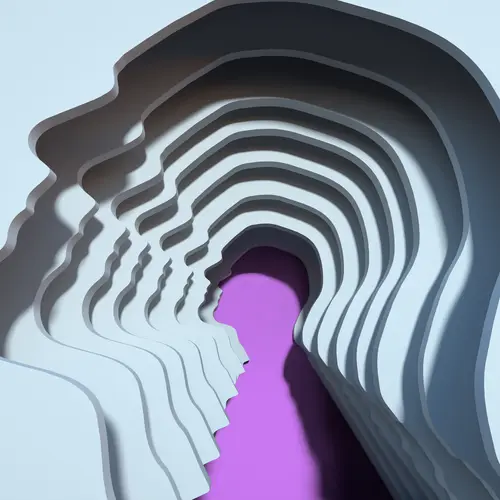Dry drunk syndrome is a term coined by the creator of Alcoholics Anonymous to describe someone who has quit drinking but hasn't dealt with the issues that caused them to become addicted in the first place.
Dry drunk syndrome can be a sign that you are close to relapsing. Sobriety is a long, ongoing process, but help, support, and treatment can make it easier.
What Causes Dry Drunk Syndrome?
Sobriety is different than recovery. Dry drunk syndrome is also referred to as "white-knuckling." If you're not drinking but you're still on edge or craving alcohol but not getting treatment, you may be experiencing this. You may still be struggling with the emotional and psychological issues that led you to drink.
If you're in sobriety but not recovery, you may be at risk for developing another addiction. If you haven't dealt with your underlying issues, you may substitute one addiction for another. Dry drunk syndrome may also be part of post-acute withdrawal syndrome (PAWS), which is when withdrawal symptoms last longer than expected. This is also known as protracted withdrawal.
Dry drunk syndrome is when you turn to destructive coping habits instead of developing healthy habits. For recovery to be successful, you have to deal with any mental health issues or trauma that contributed to your substance abuse problems.
What Are the Symptoms of Dry Drunk Syndrome?
Everyone's experience is different, but some symptoms of dry drunk syndrome include:
- Wanting to be the center of attention
- Feeling like you're always the victim
- Having trouble communicating with other people
- Mood swings that range from depression to extreme happiness
- Fear that you can't change
- Anger and resentment towards family and friends who intervened in your drinking
- Frustration over time wasted due to your alcohol abuse
- Believing that sobriety is boring
- Romanticizing past substance abuse
- Not acknowledging the problems your substance abuse caused
- Feeling jealous of people who are showing signs of healthy recovery
- Believing you always know what's best
- Refusing to accept constructive criticism
How Can You Deal With Dry Drunk Syndrome?
It's important to understand that quitting drinking without changing lifestyle, behaviors, and thought processes isn't enough. People become addicted because they started drinking as a way to deal with a problem.
People drink for many reasons, including:
- Trauma
- Social conditioning
- Genetic predisposition
- Inability to cope with circumstances
- Negative beliefs about yourself or your life
The first step in dealing with dry drunk syndrome is the same as it was for quitting alcohol. You have to recognize it and admit it. Once you do that, you can look for help and support from those around you. You may need to turn to a support group or 12-step program. Connecting with other sober people and establishing healthy routines can help as well.
Finding Your Purpose
You can overcome dry drunk syndrome by learning to cope with stressors in your life in constructive and creative ways.
Some suggestions for finding a sense of joy and meaning in your recovery include:
- Find creative ways to express yourself such as music or art.
- Reach out to people you lost touch with because of your drinking.
- Try new spiritual activities.
- Volunteer for a cause you believe in.
- Start a new business.
- Continue your education or get training to change careers.
Understanding Co-Occurring Disorders
If you have dry drunk syndrome, you may also have a co-occurring disorder, such as depression or anxiety. You may have had this before your addiction. It may have been a contributing factor to your addiction. Symptoms of depression can be similar to symptoms of dry drunk syndrome.
These can include:
If you feel like you want to hurt yourself or others, call the suicide prevention hotline (1-800-273-8255), or go to the nearest Emergency Room.
Each co-occurring disorder can make the other harder to treat. They can also compound the problems caused by each one. Integrated treatment involves treating both disorders at the same time. This can allow you to treat the symptoms of your mental health disorder without turning to alcohol or drugs.
Integrated treatment options may include multiple treatment options, such as:
- Cognitive behavior therapy, which helps you examine your thoughts and beliefs to change your behavior
- Dialectical behavior therapy, which can help you reduce negative behaviors such as self-harm
- Motivational enhancement, which can help you increase your motivation to make positive change
- Mutual support groups for people with co-occurring disorders
- Contingency management, which provides you with incentives for positive behavior
Daily Recovery Routines
Once you're sober and in a positive recovery, you can prevent dry drunk syndrome from happening again by staying committed to your recovery routines.
The following tips can help you continue in recovery, not just sobriety:
- Follow your aftercare treatment plan.
- Attend 12-step meetings.
- Work with a sponsor.
- Be honest about your emotions and struggles.
- Take your medicine as directed.
- Explore new hobbies and have fun.
- Use healthy coping strategies such as meditation.

